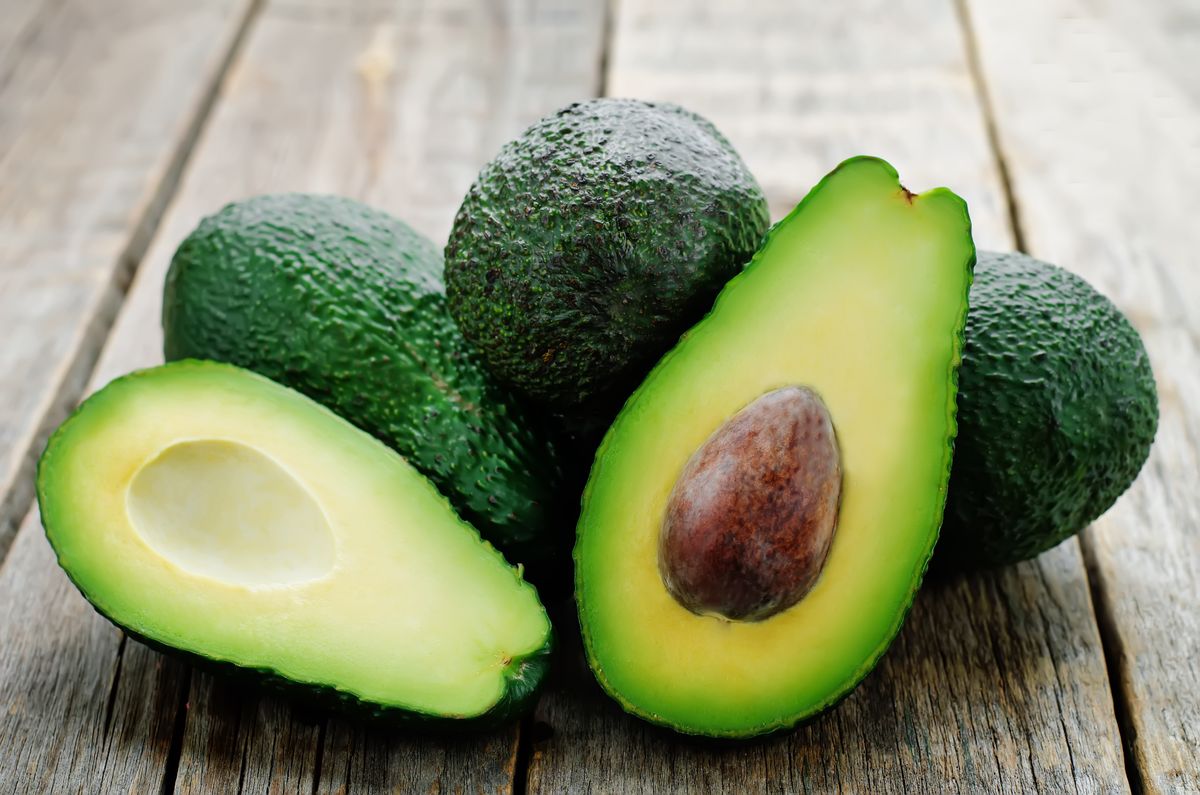Avocados have often been unfairly linked to millennial financial challenges, but let's focus on the real question: Are avocados truly good for you? While they undeniably dominate the trendy toast scene with their delicious taste, these vibrant green fruits offer much more than just a trendy topping. Versatility is their middle name, as they can be incorporated into a multitude of recipes for any meal of the day, all year round. However, it's important to dispel the notion that this omega-3-rich natural wonder is solely responsible for hindering access to the real estate market. There are other misconceptions surrounding this controversial yet remarkable fruit.
"One crucial aspect that often gets overlooked is the fact that avocados are indeed a fruit. Some individuals may not realize that including avocados in a healthy, balanced diet can yield positive effects," enlightens Lauren Manaker, MS, RDN, a registered dietitian, author of The First Time Mom's Pregnancy Cookbook and Fueling Male Fertility. "Another aspect that may cause hesitation regarding the greatness of avocados is their relatively higher fat content compared to other options. However, it's important to note that avocados are among the rare fruits that provide beneficial fats, such as monounsaturated and polyunsaturated fats."
Avocados, often mistaken as vegetables, stand out from the crowd by delivering a powerful combination of healthy fats—a rarity among fruits. In fact, avocados offer an extensive array of benefits that make them an ideal food for supporting weight loss. However, due to their reputation for being high in fat and calories, it's understandable that many people still harbor doubts or curiosity about the broader effects that avocado consumption can have on the body—beyond simply aiding in shedding stubborn belly fat.
In order to provide clear and accurate information on the health benefits of avocados, we sought the expertise of registered dietitians who shared valuable insights into how consuming this single-seeded Mexican berry influences your well-being. Below, we present a detailed breakdown of the potential effects on your body when you incorporate avocados into your diet, focusing specifically on the remarkable benefits associated with enjoying this fruit.
1) Rich Array of 20 Vitamins, Minerals, and Antioxidants

Avocado consumption has the potential to revolutionize your nutrient intake, offering a rich blend of 20 essential vitamins, minerals, and antioxidants. Research from 2013 highlights the overall improvement in diet quality among avocado consumers compared to those who overlook this incredible fruit.
According to Toby Smithson, MS, RDN, CDE, from DiabetesEveryDay and author of Diabetes Meal Planning and Nutrition, "Avocados are a nutritional powerhouse. They provide a wide range of vitamins, minerals, and antioxidants, including vitamins C, E, K, B6, riboflavin, niacin, folate, pantothenic acid, magnesium, potassium, lutein, beta-carotene, and are a plant-based source of omega-3 fatty acids."
2) Reduced Risk of Metabolic Syndrome:
Metabolic syndrome encompasses multiple concurrent diagnoses that can elevate the risk of heart disease, stroke, and diabetes. However, a 2013 study published in The Nutrition Journal discovered that avocado consumption was associated with a 50% lower odds ratio of developing metabolic syndrome compared to non-consumers.
3) Blood Pressure Regulation and Heart Disease Prevention:
Avocados have been lauded for their positive impact on heart health. By directly addressing and managing high blood pressure, they help mitigate the risk of chronic hypertension, a key component of metabolic syndrome. A 2013 study emphasized the potassium-rich and low-sodium nature of avocados, which contributes to reducing blood pressure and lowering the chances of heart attack or stroke.
4) Improved Iron Absorption:

Vitamin C, known for its healing properties and iron absorption facilitation, is best obtained through healthy food sources like avocados, rather than supplements. With a 4% daily value of vitamin C per 50-gram serving, avocados support efficient iron uptake.
5) Support for Bone Health:
Avocados serve as a valuable source of vitamin K, essential for healthy bones and blood clotting. In fact, consuming a whole avocado provides over 35% of your daily vitamin K requirement. Additionally, a systematic review and meta-analysis study involving 225,062 individuals observed an association between increased daily servings of fruits and vegetables and a decreased risk of bone fractures.
6) Boosted Fiber Intake:
As a fiber-rich fruit, avocados contribute to the recommended daily fiber intake. Consuming higher amounts of fiber has been linked to a reduced risk of heart disease, Type 2 diabetes, and obesity. A medium-sized avocado contains three grams of fiber while remaining low in carbohydrates.
7) Lower Risk of Obesity:
Avocados offer nutrients that may help prevent weight gain and decrease the likelihood of becoming overweight or obese. A 2019 study published in Nutrients found that regular avocado consumption is associated with a lower prevalence of excess weight and can help attenuate weight gain in normal-weight individuals over time.
8) Increased levels of Good Cholesterol:
Despite their fat content, avocados are unique in promoting heart health. They contain unsaturated fats and are devoid of cholesterol and saturated fat. Research indicates that consuming the good type of fat found in avocados (unsaturated fat) can raise levels of good cholesterol (HDL).
9) Reduced Risk of Type 2 Diabetes:

Avocado's fiber and fat content have been shown to lower the risk of developing Type 2 diabetes. The fiber promotes satiety and aids in weight management, thus reducing the risk of diabetes, as demonstrated in a 2009 study.
10) Enhanced Eye Health:
Did you know that avocados could play a role in maintaining optimal eyesight? A study conducted in 2017 revealed that individuals who consumed one avocado per day experienced improvements in both cognition and vision.
The key lies in avocados' rich content of the antioxidant lutein, as highlighted by Toby Smithson, MS, RDN, CDE, author of Diabetes Meal Planning and Nutrition and founder of DiabetesEveryDay. Lutein is known to contribute to the prevention of age-related eye diseases while also offering enhanced cognitive performance. So, adding avocados to your diet could potentially benefit both your eyes and your brain.

